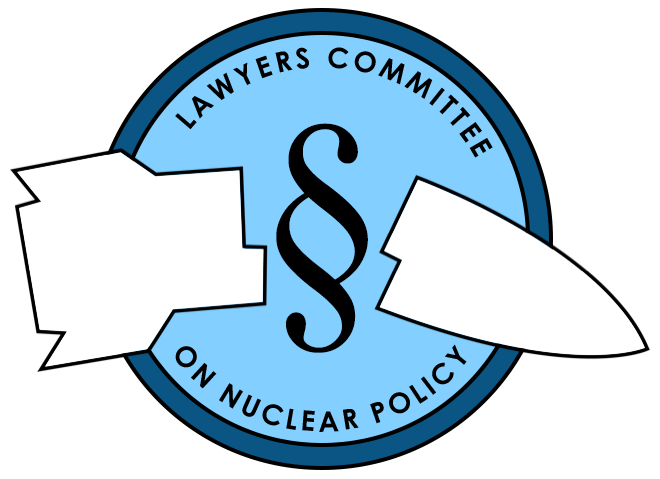Danger: Triumphalists at Work
Peter Weiss
1999
Media sages on "The Lessons of Kosovo" - NATO - we are told, not only lives, but has a new raison d’etre. The world is no longer safe for human rights violators. Thanks to the miracle of precision-guided weapons, wars can now be fought without casualties. Washington does not want to be the world’s policeman, but there is no one else to do the job.
What kind of response should this triumphalism evoke from those of us who are committed to human rights, to international law and to nuclear abolition? One appropriate answer was given by Federico Mayor, the outgoing head of UNESCO in his address at the opening plenary session of The Hague Appeal for Peace on May 12. Ethnic cleansing and other gross human rights violations, said Mr. Mayor, demand a response from the world community, but the response must also be correct. He did not expand on his statement, but those of us who are not hampered by diplomatic constraints are free to do so.
The response of the US and its NATO allies was fundamentally flawed in both of the areas of international law dealing with the use of force. With respect to ius ad bellum, the law which determines the legality of going to war, the NATO campaign was patently illegal.. Under the UN Charter, only two circumstances can justify the use of force across national boundaries: either self-defense or specific UN authorization. Neither of these existed. Non-UN sanctioned humanitarian intervention, attractive though it may be on moral grounds, is no longer permissible on legal grounds since 1945, if it ever was. And those who advocate it solely on moral grounds - the "something had to be done" school of thought - bear at least the burden of demonstrating that a good faith effort was made to proceed within the bounds of the law. That burden, clearly, was not discharged, since Russia and China were deliberately sidelined from the very beginning and no attempt was made to take the matter to the Security Council.
As for ius in bello, or humanitarian law, the use of depleted uranium and cluster bombs and the gradual expansion of targeting policy from military to primarily and, in some cases, solely civilian targets, show a deplorable disregard of the laws of war on the part of the NATO command..
All of this bodes ill for the nuclear abolition movement, for a number of reasons:
A series of "victories" over disproportionately smaller enemies - Grenada, Panama, Iraq and now Serbia - has enabled the American establishment, and a large part of American society, to overcome the Vietnam syndrome, which for a number of years acted as a brake on military adventurism. And a country which relies on a strong military to solve non-military problems will forever be loath to give up its most powerful weapons.
International law has been dealt a body blow by the US’ and NATO’s blatant disregard for the mandates of the UN Charter. The mantra of a succession of US Presidents - "We will act multilaterally if we can and unilaterally if we must" - has now been expanded to read "We will act legally if we can and illegally if we must." In the last several instances of the use of military force by the United States, even in the case of Vietnam, some efforts, no matter how tortured, were made to provide a veil of international as well as constitutional legality. After Kosovo, it’s back to "The cavalry to the rescue!" (and the devil take the hindmost).
The glorification of precision bombing, despite the Chinese embassy fiasco and other instances of "unavoidable collateral damage", is reminiscent of one of the arguments presented to the World Court by the United States in the nuclear weapons case. There, the US argued that, since modern military technology made precise targeting possible, there was no reason to condemn the use of nuclear weapons in advance as necessarily causing indiscriminate damage to civilians. But then, if the hundreds of Kosovars and thousands of Serbs killed during the bombing campaign were not casualties, there is no need to worry about the fallout from a precisely targeted nuclear bomb, is there?
To end this glum analysis on an upbeat note: Secretary of Defense Cohen, asked by Charlie Rose on PBS on June 30 what threats were facing the United States, replied that the greatest threat, without doubt, was that of a nuclear exchange. If he really believes that, and there is no reason to doubt it, he and the President should welcome the gathering momentum of the nuclear abolition movement.
